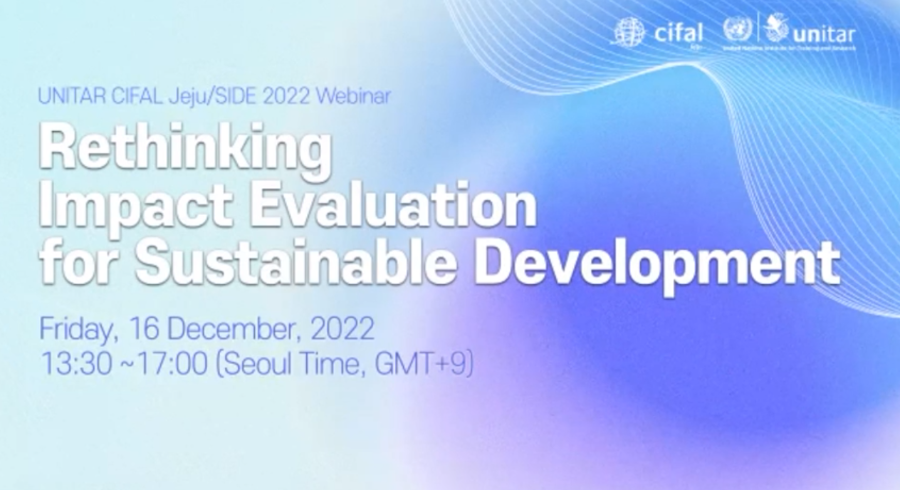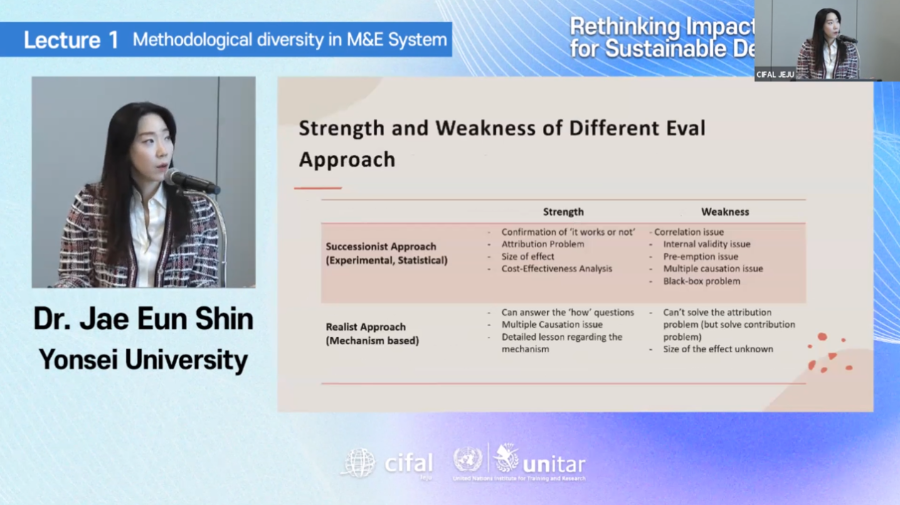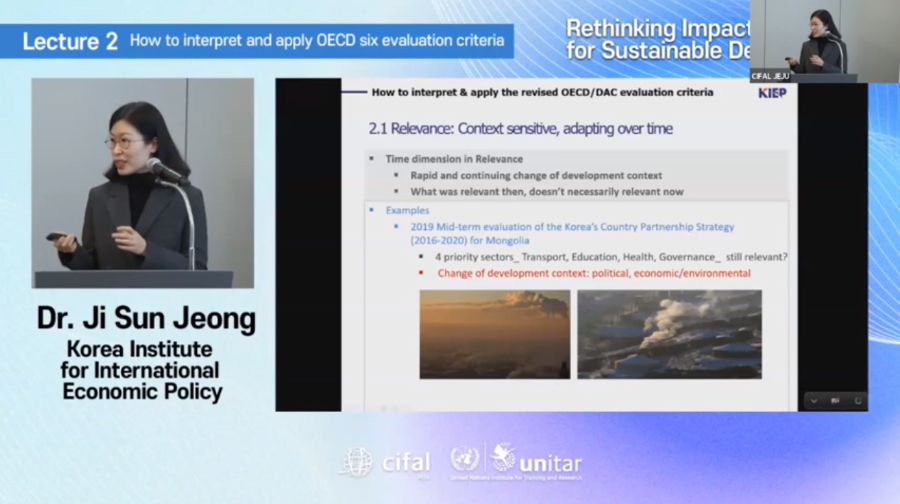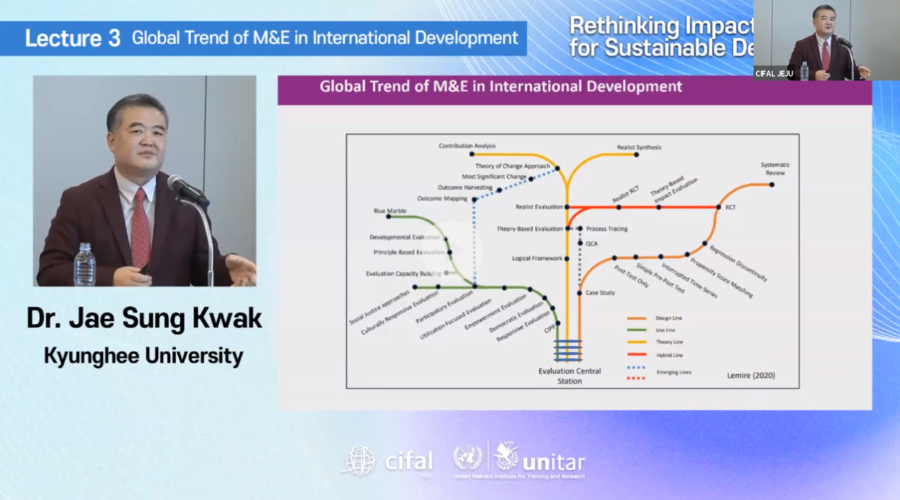Home > Programs >
Social Inclusion
As one of the critical dimensions of sustainable development, social development requires a more holistic, coherent and collaborative approach in designing and implementing national and local policies to make progress towards achieving the Sustainable Development Goals(SDGs).
CIFAL Jeju/JITC provides a variety of training programs to enhance capacity for national and local communities in the Asia-Pacific region to benefit from holistic and multi-disciplinary approaches available in such diverse areas as human trafficking, migration and refugees, urban poor, resilience and disaster risk reduction, making peaceful and inclusive societies, and so on.
CIFAL Jeju/JITC provides a variety of training programs to enhance capacity for national and local communities in the Asia-Pacific region to benefit from holistic and multi-disciplinary approaches available in such diverse areas as human trafficking, migration and refugees, urban poor, resilience and disaster risk reduction, making peaceful and inclusive societies, and so on.
[2022 December 16] Joint Workshop on Rethinking Impact Evaluation for Sustainable Development

 2023.01.04
2023.01.04

 2023.01.04
2023.01.04










